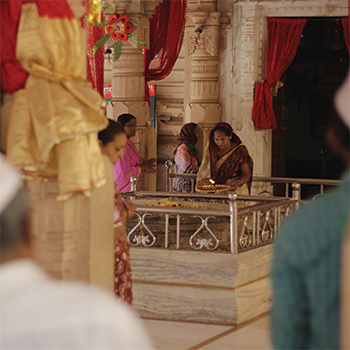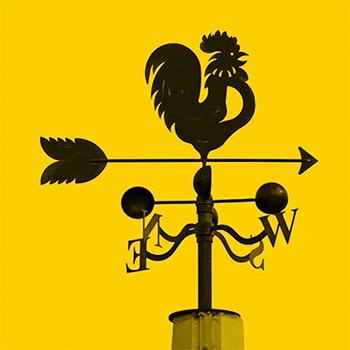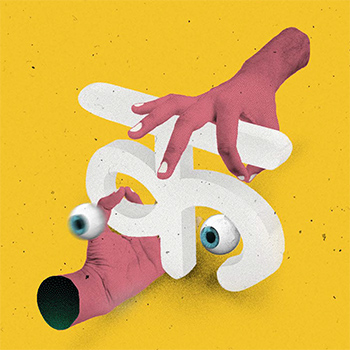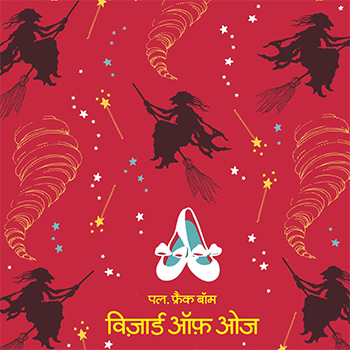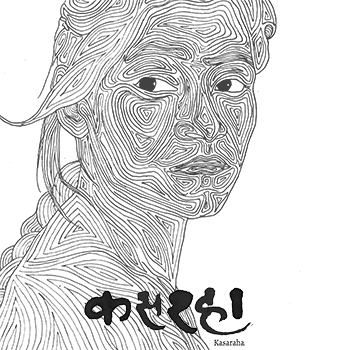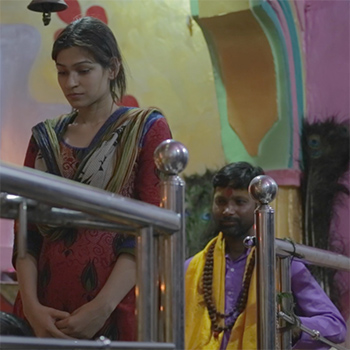“For many millions of people, often living in rural areas of developing countries, herbal medicines, traditional treatments and traditional practitioners are the main – sometimes the only – source of healthcare. This is care that is close to homes, accessible and affordable.” Margaret Chan Director General World Health Organisation Chronic diseases and poverty work in a vicious cycle where they feed off each other. In such a situation providing quality medical care is more than a basic right. The physical well being of low income group and providing basic healthcare facilities becomes an important tool in fighting poverty in our country. One of biggest issues in developing nations like India is how they deal with Non Communicable Diseases. Diseases such as heart disease, stroke, cancer and chronic lung disease, kill more than 36 million people million people each year and account for 80% deaths in low- and mid-income countries. This is is furthered by the escalating cost of allopathic drugs which poses a huge challenge for our country. A large population of India still doesn’t have access to proper healthcare facilities. Traditional or local medical practices try to fill these gaps in our society. One can find them in tents or temporary setups across a lot of Indian cities. They have no professional degrees to follow their names. They boast of no palatial or air conditioned buildings as their clinics. Nor do they have any modern laboratories or sophisticated equipment to aid and assist them in the work of diagnosing their patients. All these constraints notwithstanding, these wayside doctors claim to cure almost all maladies of the human body. These medicine men work outside the purview of organizations controlling the medical system in India. They are considered outlaws in a rationalistic society which demands proof for everything. It’s a complex issue which sometimes runs head on with superstition. Through my brief study of roadside dawakhanas I tried to develop my understanding of the place of traditional methods in the current society.. For a majority of the population this is the care that is accessible and affordable..
